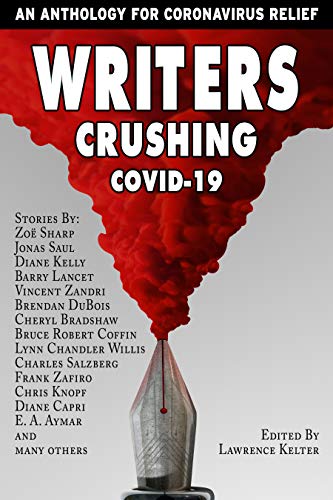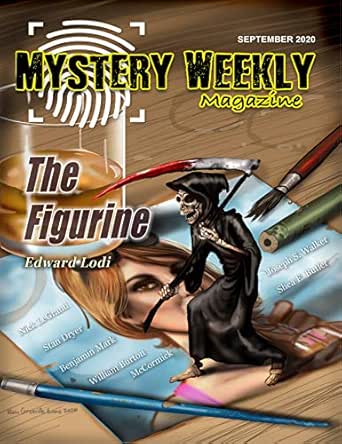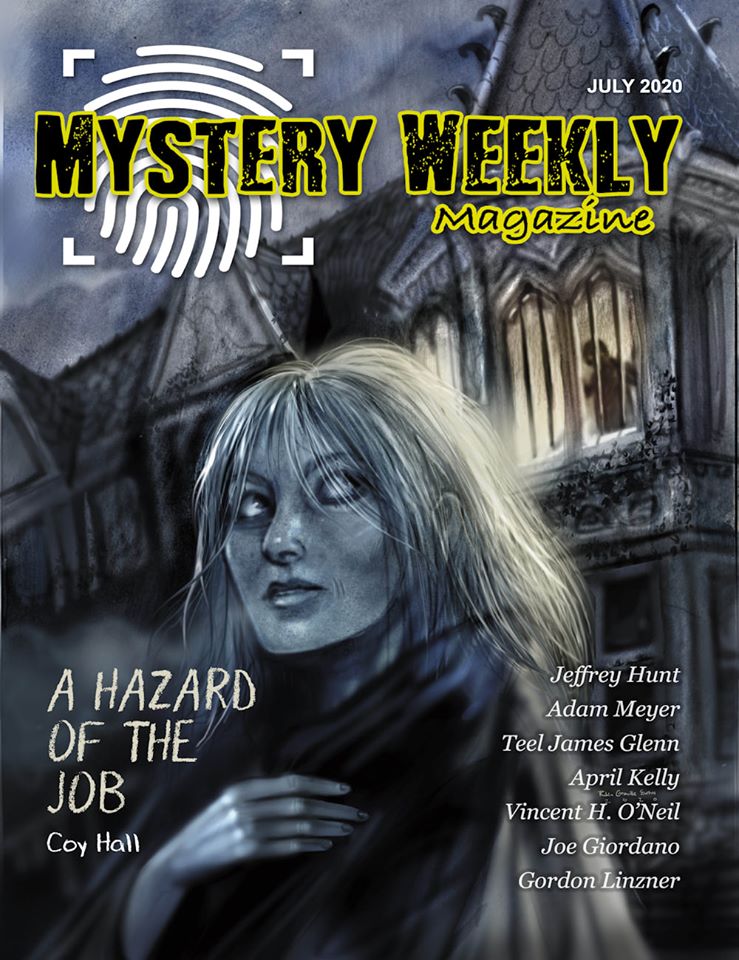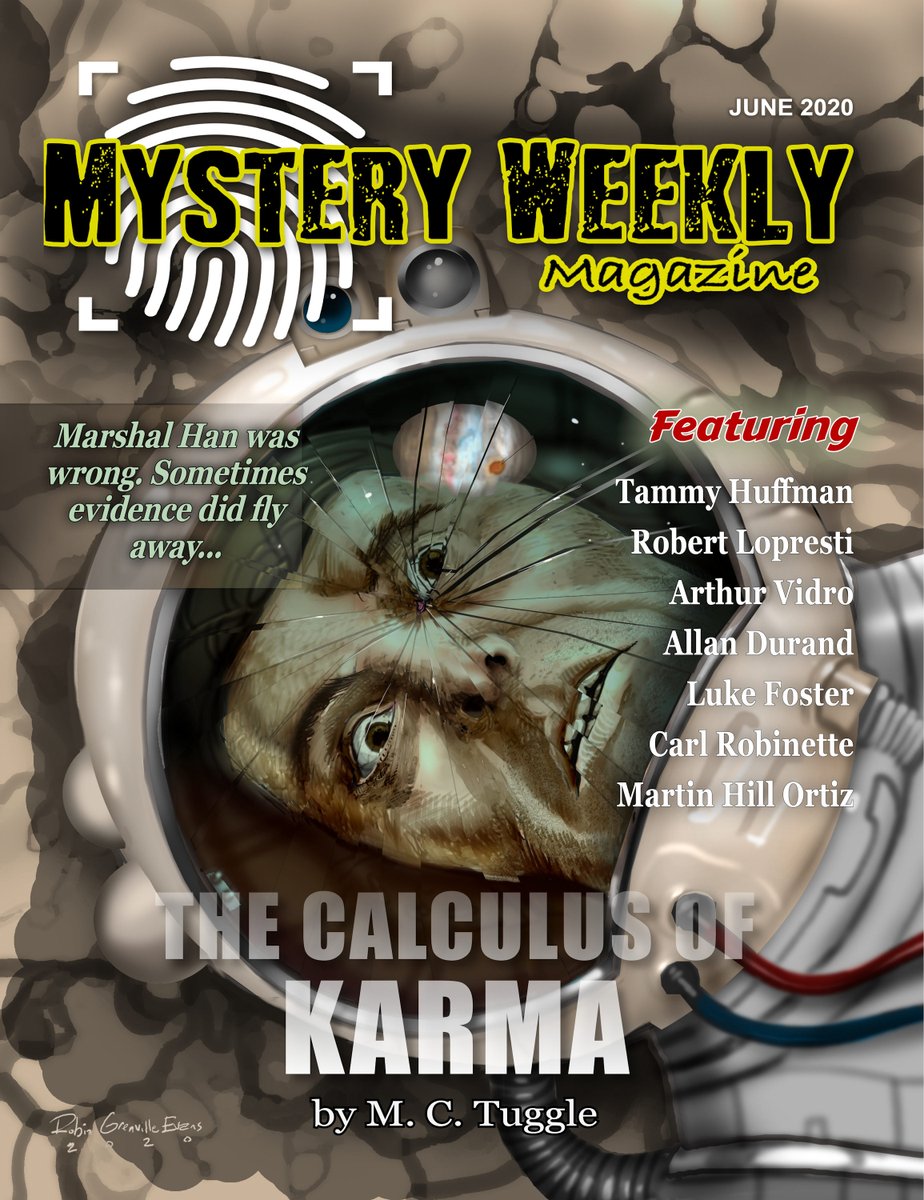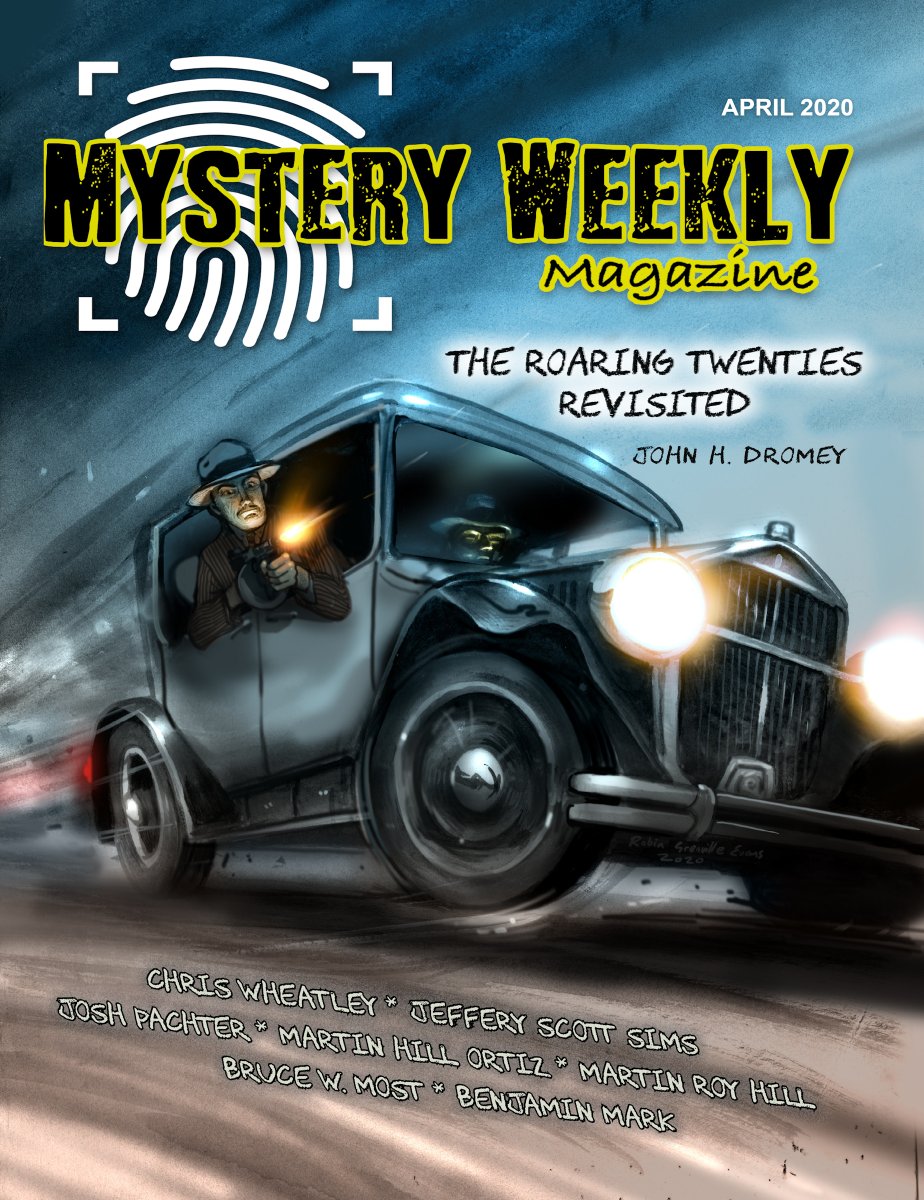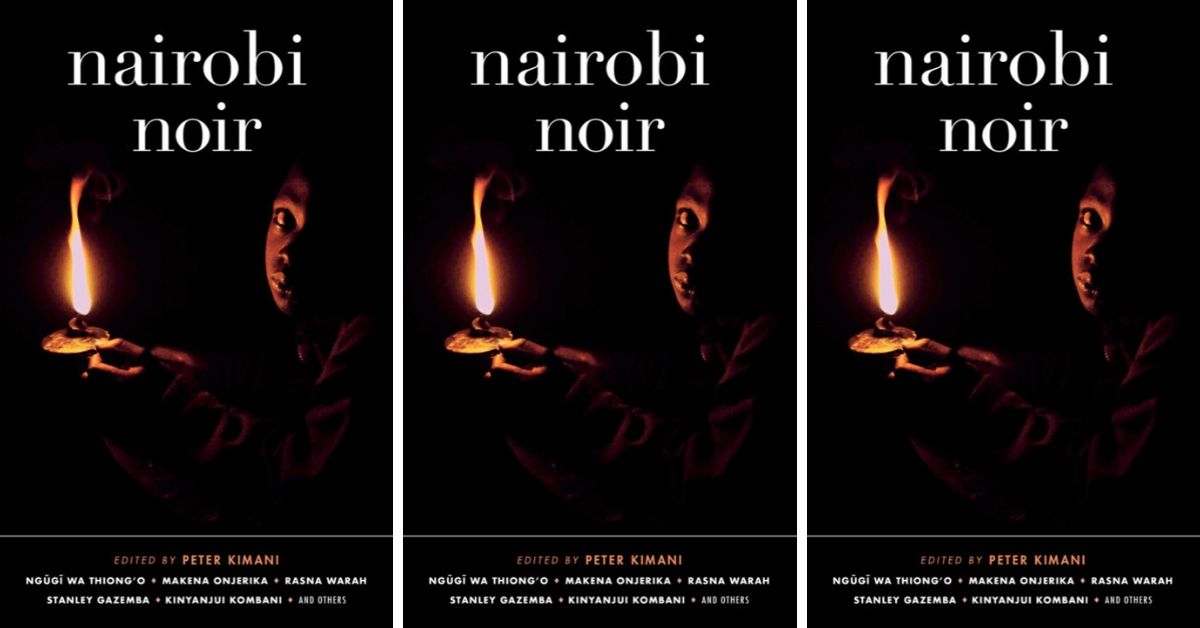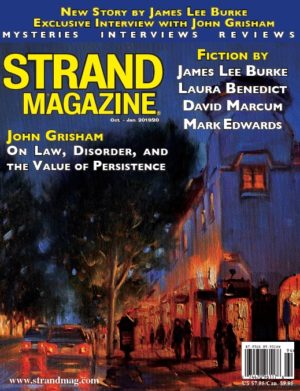"Clickbait," by Mark R. Kehl, in Mickey Finn, volume 1, edited by Michael Bracken, Down & Out Books, 2020.
The night of the home invasion, Bobby Lyon was busy jabbing a seventy-three-old index finger at his smart phone, reading reactions to the day's auction.
That's how we start. Lyon is a washed-up action movie star, now in a wheelchair, waiting to be moved into a senior home after his possessions were sold to pay ex-wives, the IRS, etc. But now he may be getting more action than he wants...
I guessed where this story was going, but not every good tale needs a surprise ending. This one is mostly about heightened language.
The despair that had grown familiar since the world had started tearing away his life in increasingly larger and bloodier chunks embraced him like a ravenous ghost.
Another sound, heavy but muffled, like Frankenstein's monster in bunny slippers.
...words and low laughs, both respectful and irreverent at the same time, like atheists in church.
Mr. Kehl is a master of similes.














